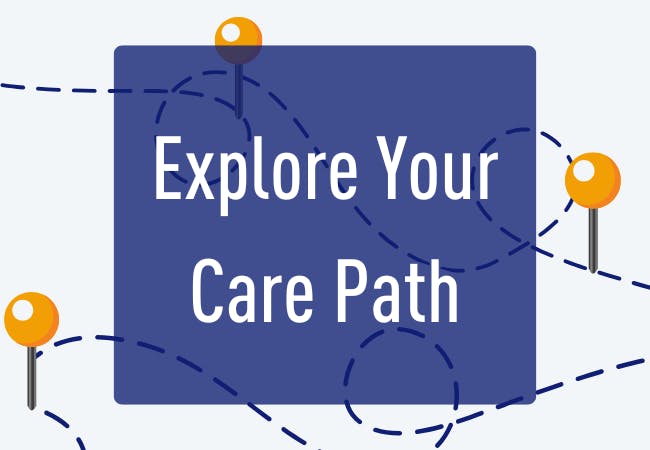Overall Health
Related Conditions
People with psoriasis are at higher risk for certain related conditions, like cardiovascular (heart) disease, depression and other mental health issues, and metabolic diseases like type 2 diabetes. These related diseases are known as comorbidities. Learn more through our quick guide on related conditions from the Patient Navigation Center.
Stress
Stress is a common trigger for a psoriasis flare. Stress also can make itch worse. This makes managing stress a particularly important skill for people with psoriasis. Consider the following ways some people with psoriasis and psoriatic arthritis are effectively reducing stress in their lives.
- Meditation.
- Exercise (Consult with your health care provider before beginning a new exercise routine.)
- Get outside help.
Day to Day
Stigma
Findings from a 2015 research study demonstrated that psoriasis is highly stigmatizing, and carries about the same level of stigma as herpes. Many of the study participants believed the psoriasis was infectious and contagious. Psoriasis is neither infectious nor contagious, and NPF is working hard to change this misconception. You can help by educating those around you in your everyday life.
At School and in the Workplace
Psoriasis goes where you go, so it’s important to learn how to handle psoriasis in these spaces. That includes how to speak about psoriasis to teachers, administrators, and students or to managers and coworkers. There are ways to help people understand your situation and point of view.
Relationships
It may be difficult to talk to your partner, friends, and family about your psoriasis and how it affects your life. You’ll probably feel embarrassed, or that you might drive people away if only they knew the truth about you. But embarrassment is natural, and the people who care about you want to know how to support you. Don’t avoid these conversations, embrace them.
Clothing
Psoriasis is nothing to be embarrassed about, but you may not want it to be the first thing someone sees. Certain clothes and fabrics, combined with moisturizing, can help you look and feel your best in any situation or season.
Please speak with a health care professional if you are struggling with day to day life with psoriasis.
%20(4).png?ixlib=gatsbyFP&auto=compress%2Cformat&fit=max&rect=0%2C0%2C650%2C450&w=650&h=450)



